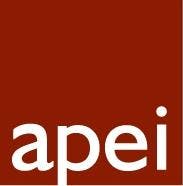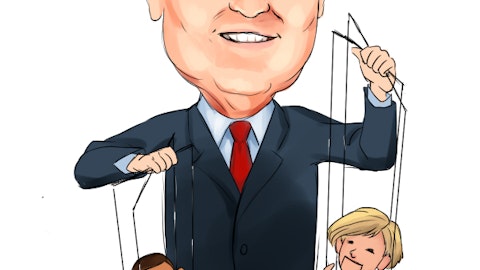Through a filing with the Securities and Exchange Commission last week, Brian Bares‘ Austin-based Bares Capital revealed that its holding in American Public Education, Inc. (NASDAQ:APEI) dropped to 0.18% of all outstanding common stock. The stake amasses around 31,000 shares, while the fund disclosed 2.6 million shares in its latest 13F filing.

American Public Education is namely a provider of online higher education, and focuses primarily on the needs of the military and other public services. Last week, the company reported its financial results for the third quarter, posting a 6% increase in revenues in year-on-year terms, to $81.8 million. The net income of the company edged up by 1% to $10.9 million. The company recently has also completed the previously announced acquisition of National Education Seminars, Inc. which operates as Hondros College, Nursing Programs. The price of the deal amounted to around $45 million in cash.
Even though Bares’ position has been sliced significantly, some other funds still hold large amounts of American Public Education shares. Chuck Royce’s Royce & Associates holds 278,000 shares of common stock, and Gregg J. Powers’ Private Capital Management have another 221,846 shares in its equity portfolio. And even renowned investment guru Jim Simons and Renaissance Technologies own 131,800 shares of the company.
Bares Capital Investment was founded in 2000 by Brian Bares, an investor with a preference for small and micro-cap firms. The hedge fund is known for its portfolio of inefficiently priced stocks, and low turnover rates. In 2010, Bares Capital reported 53% in gross returns, demonstrating the advantages of investing in micro-cap companies. With an equity portfolio valued at over $1 billion, the hedge fund focuses mainly on services and industrial goods.
To everyone’s surprise, the investment firm slashed its holdings in American Public Education, the stock with the largest position (9.8%) in its equity portfolio. It’s quite possible the decision was simply profit-taking, or there may be a broader macroeconomic fear at play.
Shares of the company were up 17% year-to-date at the time of the move, and shares aren’t particularly overvalued at 16 times forward earnings, but they’re not cheap either. Growth is slowing at American, and net margins are being squeezed, as the for-profit education segment is a long-term bear.
Regulatory fears and changing student preferences have been a couple reasons for the negativity behind this space, not to mention the increased availability of free educational alternatives. On the whole, we’d have to think Bares was motivated by the deteriorating state of the for-profit sector on this one.
Disclosure: none
Recommended Reading:
Keep An Eye On George Soros’ New Micro-Cap Investment
Why Is Activist Carlo Cannell So Bullish On ValueVision Media?
Crispin Odey, Odey Asset Management Raise Position in LSE-listed Ocado Group





